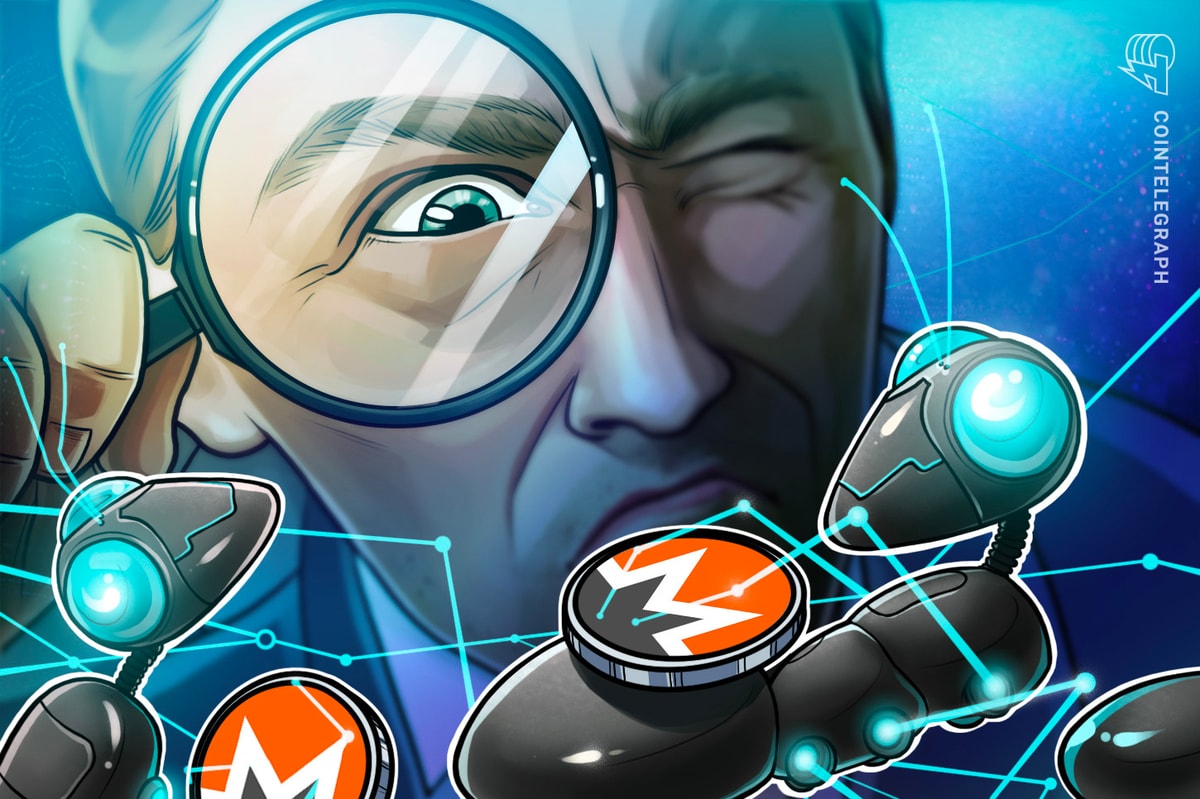Monero Price Dips as Qubic Likely Succeeds in 51% Attack
The Monero network is reeling from a suspected 51% attack by layer-1 blockchain Qubic, which has claimed dominance over the network's hashrate. According to Qubic, its month-long push culminated on Monday with 51% control of Monero's hashrate, prompting debate among developers and users about the success of the attack.
The six-block-deep chain reorganization that resulted from Qubic's claimed dominance is a key factor in determining whether the attack was successful. A six-block-deep reorganization occurs when the blockchain replaces the last six confirmed blocks with an alternate chain that is longer or has higher cumulative work. While Qubic sees this as evidence of its 51% attack, others are more skeptical.
"It does mean an adversary with a high amount of hash got lucky," said Luke Parker, lead developer at SeraiDEX, in an X post. "A six-block-deep network reorganization with block orphaning does not mean a '51% attack' was successful." Parker's comments highlight the complexity and uncertainty surrounding such attacks.
However, Zhong Chenming, co-founder of crypto cybersecurity firm SlowMist, believes that this time around, the 51% attack on Monero "seems to have succeeded." Chenming noted that Qubic's mining efforts have been successful in routing its computing power towards attacking Monero, with the goal of gaining control over the network's hashrate.
Qubic is a layer-1 blockchain that employs a unique "useful proof-of-work" model to route mining toward artificial intelligence tasks. The Qubic network recently rerouted its computing power to targeting Monero (XMR) in an effort to gain control over the network.
A Month-Long Push
According to a June 30 blog post, Qubic revealed that it had begun incentivizing Monero CPU mining via its own network. The mined XMR would then be used to fund buybacks and token burns for the Qubic ecosystem. "QUBIC miners now perform real-world tasks (Monero mining) that generate real market value, which in turn strengthens the QUBIC economy," the post stated.
Sergey Ivancheglo, founder of crypto projects Qubic, NXT, and Iota, admitted at the time that his Qubic network was staging a takeover of the Monero network. In an X post, he said that after getting control of most of the network's hashrate, Qubic would reject the blocks mined by other pools.
Monero Community Responds
The Monero community responded to Qubic's economic attack against Monero in late July with its own countermeasures. The community responded with an alleged distributed denial-of-service attack against Qubic's mining pool, which caused the mining pool's hashrate to fall from 2.6 gigahashes per second down to 0.8 GH/s.
Amidst the turmoil, Monero's price fell by around 8.6% to $248, according to CoinMarketCap. The price drop highlights the potential risks and consequences of a successful 51% attack on the network.
Conclusion
The situation surrounding Qubic's claimed dominance over Monero's hashrate is complex and contentious. While some believe that Qubic's efforts have been successful, others remain unconvinced. The outcome of this incident will likely have significant implications for the future of the Monero network.
